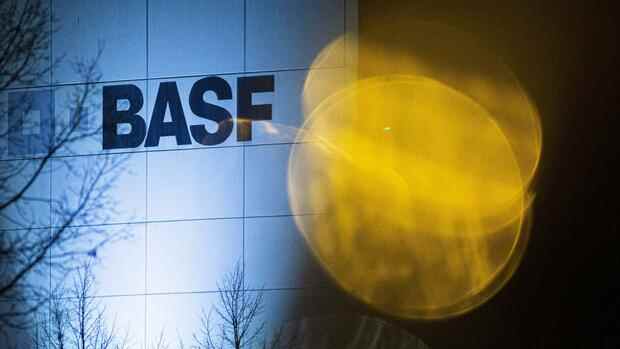In the business with battery materials for electric vehicles, the group is aiming for sales of over seven billion euros by 2030.
(Photo: imago images / photothek)
Frankfurt The chemical company BASF is preparing to withdraw from its extensive business with catalytic converters and at the same time announces in a corporate announcement that it will invest in battery materials and recycling in return.
The group initially plans to outsource its activities in the field of catalytic converters with 4,000 employees and a turnover of an estimated nine billion euros to a separate unit. This will prepare the business for the upcoming changes in the market for internal combustion engines.
“With the spin-off, we want to give this business greater entrepreneurial freedom and agility, so that market and customer needs can be focused even more strongly,” quoted the company board member Markus Kamieth from BASF. Kamieth is responsible for the Surface Technologies division, which, in addition to catalysts, also includes the paint and battery materials business.
The spin-off is probably in preparation for a sale of the division. Chemical analyst Markus Mayer from Baaderbank estimates that the chemical giant can achieve a valuation of seven to eight billion euros.
Top jobs of the day
Find the best jobs now and
be notified by email.
With the reorganization, the Ludwigshafen-based group is reacting to the upheaval in the automotive industry towards electrically powered vehicles. As a result, a long-term downward trend is emerging for the catalytic converter business, which would dampen BASF’s growth prospects. In this respect, the plans fit in with the portfolio strategy of recent years, which has already led to the withdrawal from various rather low-growth segments such as paper and leather chemicals, fertilizers, construction chemicals and pigments.
BASF acquired the catalytic converter business in 2005 when it took over the US company Engelhard and merged it with its existing chemical catalytic converter business. BASF’s Catalysts division generated total sales of EUR 13.6 billion in 2020, of which, according to analyst estimates, around two thirds came from the future outsourced business with catalytic converters for vehicles. Sales in this area fluctuate strongly with the prices for the precious metals required, which are passed on to customers in the automotive industry.
The outsourced unit will in future be managed by Dirk Bremm as CEO under the name BASF Automotive Catalysts and Recycling and will be based in Iselin, New Jersey. Engelhard’s headquarters were located there before the takeover by BASF.
The outsourced division will produce at 20 locations worldwide. The outsourcing process is scheduled to start in January and, according to BASF, will take up to 18 months.
In return, the Ludwigshafen-based group wants to concentrate even more on expanding its activities in the field of battery materials. Here, BASF is aiming for sales of over seven billion euros by 2030.
“To implement this growth plan, BASF expects investments of 3.5 to 4.5 billion euros in battery materials between 2022 and 2030,” said Peter Schuhmacher, head of the Catalysts division. Analysts expect EBITDA margins of more than 30 percent for the battery business due to the high demand for cathode material.
More: Europe is threatened with a battery bubble
